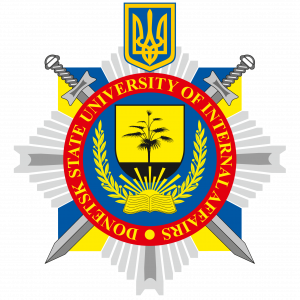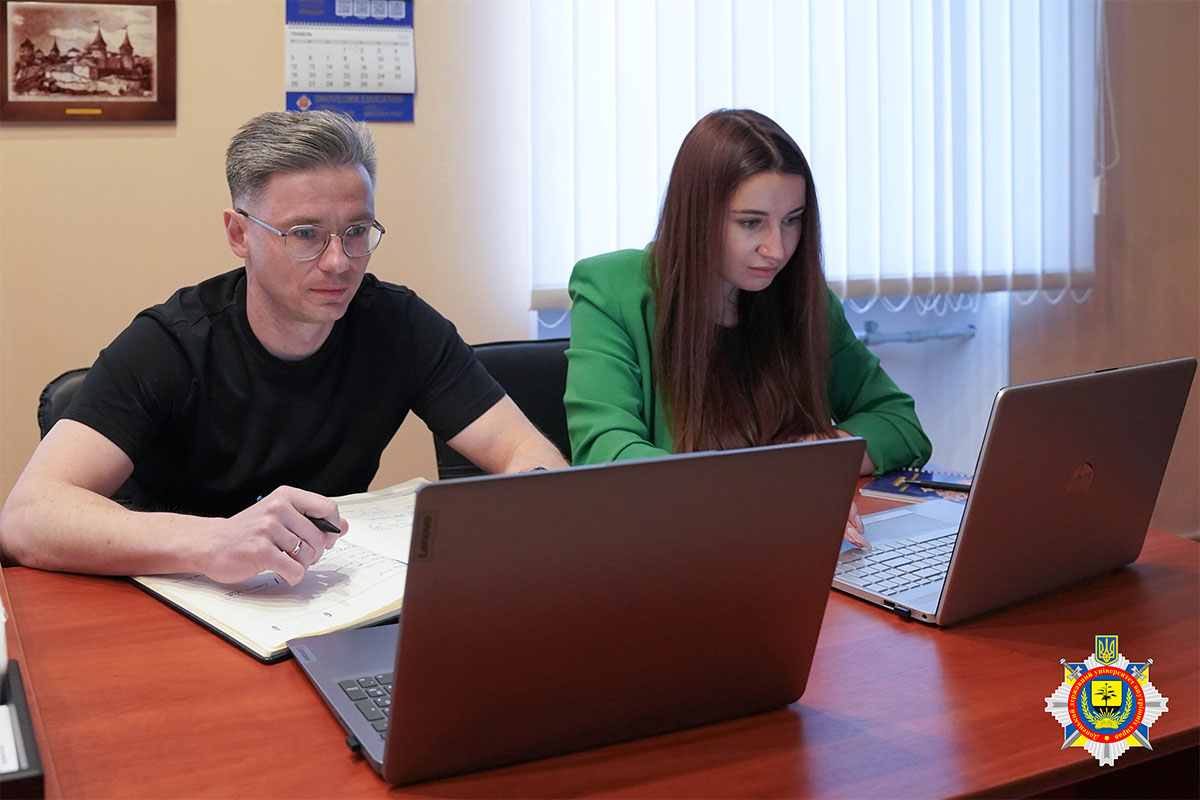First Vice-Rector of the Donetsk State University of Internal Affairs Yehor Nazymko and head of the International Cooperation Unit Viktoriia Moskalenko took part in the working meeting «Experience of the Czech Republic and Hungary in creating educational programs in translation during EU accession».
Together with European experts, they discussed the most pressing challenges in the field of translation education.
Experts from Hungary and the Czech Republic shared key aspects of translator training in the context of European integration.
Ildiko Khorvat, director of the EU bodies Translation Center, emphasized the complexity of modern requirements for language professionals: «Today, the profession of a translator is much more complex than before. Not only technical skills but also soft skills are important. Training programs should include written and oral tests, general knowledge tests, and they should also develop cognitive flexibility of future professionals».
Ildiko Khorvat also focused on the quality of teaching, the key requirement of which is the professional competence of trainers in terms of mastering a high level of the native language, pedagogical skills and practical experience, a well as introduction of modern technologies and relevant materials in teaching.
Dr. Edina Robin (Eötvös Loránd University, Budapest) emphasized the importance of partnership with business, namely: Universities should work closely with translation associations and companies; students should master modern CAT tools (Trados, memoQ), but gradually, in order to avoid «information overload»; translation research should meet the needs of the market.
Professor Tomáš Svoboda (Charles University, Prague) spoke about the adaptation of educational programs during the Czech Republic’s accession to the EU.
The European experience of Hungary and the Czech Republic shows that successful training of translators for the EU requires: updating curricula to reflect technology and market requirements; training teachers who combine academic knowledge with practice; and cooperation with European Universities and industry.
Ukrainian Universities, including the DonSUIA, are already taking steps in this direction, but systematic work requires additional resources and international support.










